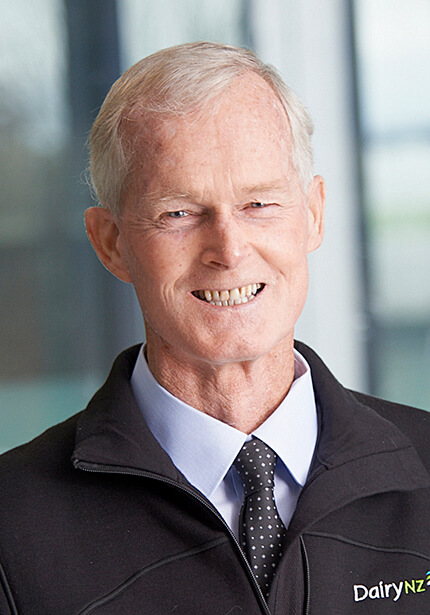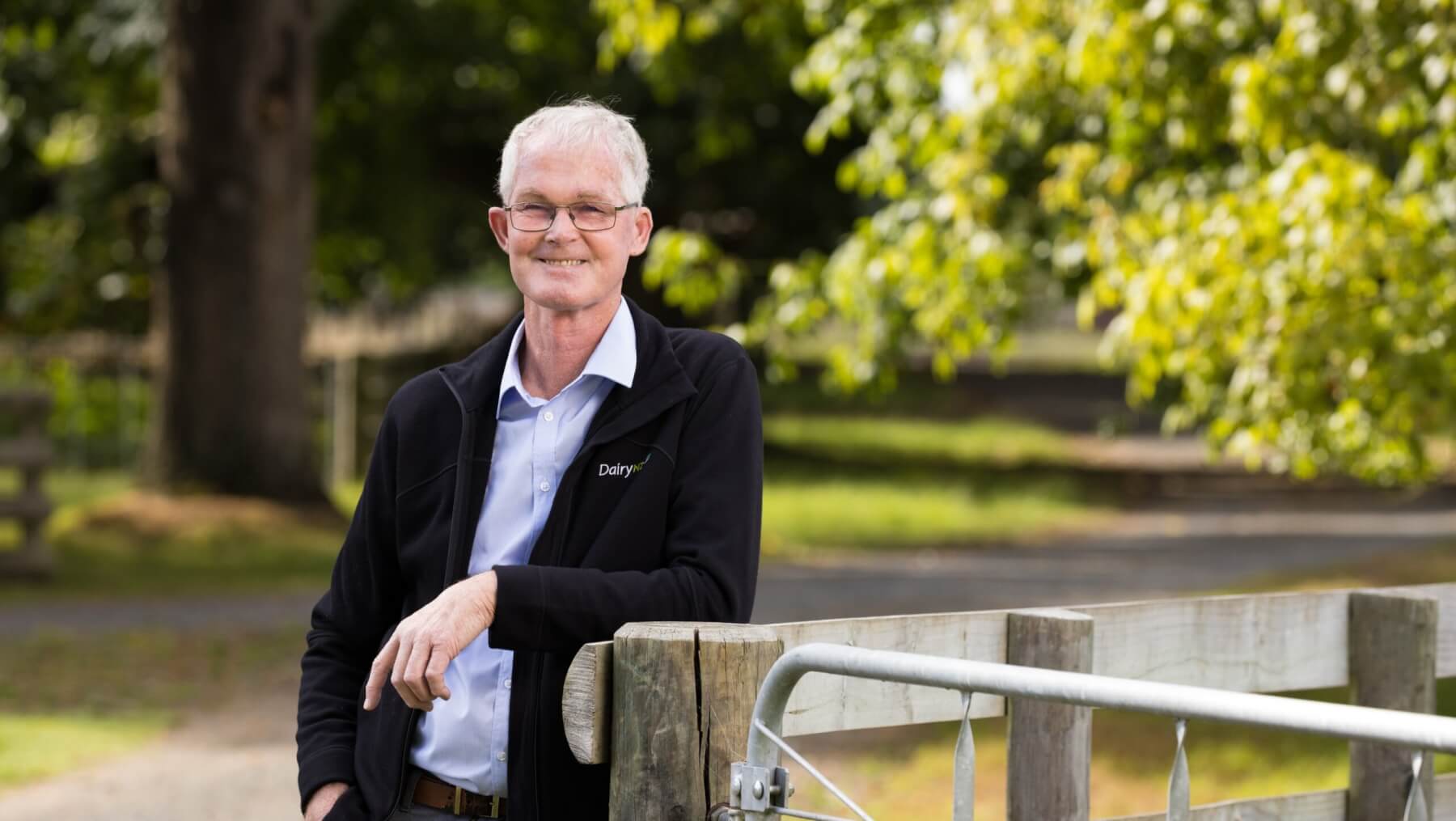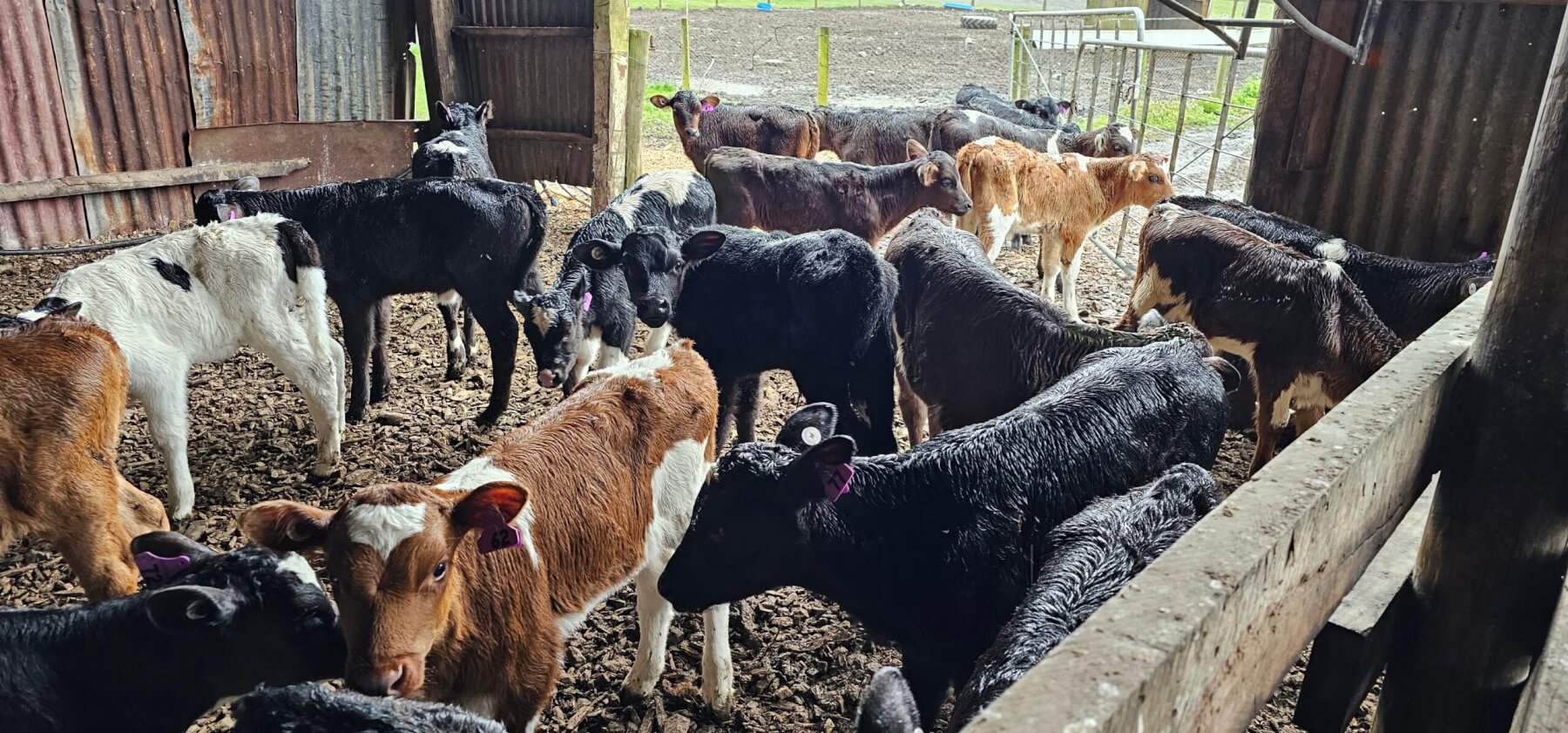Right now on dairy farms around the country the first calves are being born, generally in the middle of the night. Farmers are managing crop rotations, wintering and new season budgets.

Jim van der Poel
They’re having conversations with their bankers and insurers. Kids are home for school holidays. That is just life for farming families and everyone has to balance their own challenges.
In the background for farmers as with other industries are pending political cycles. These can bring changes to regulation, uncertainty while policy is decided upon, and a disconnect between national and local level while decisions are made.
And to paraphrase Nuffield Scholar Kylie Leonard, it’s best for farmers to be at the table, rather than on the menu.
DairyNZ represents 10,600 dairy farmers and its duty is to help keep them and their farming businesses moving forward.
In the past nine months of a changed government, we’ve seen several policy changes begin to roll out
Much of this we’ve advocated for and welcome. It is our job to keep engaging, and we do so with information that is supported by world-class scientists and farm system expertise.
We are submitting on behalf of farmers in regard to climate targets and emissions reduction plans, immigration and workforce development, the biosecurity act and freshwater standards.
We are following closely impending government changes to genetic technology regulation.
We will do what we can to help get bipartisan support for regulations that are logical and support good farming practices. Hopefully then we can bed down those rules and not have them disrupted every few years.
It is important we share our knowledge with decision-makers to ground policy in reality. Much of our knowledge aligns with the realities of the global market, which is changing the way we farm.

DairyNZ chairman, Jim van der Poel, on farm at Ngahinapouri, Photo: Stephen Barker
Recently at the Primary Industries NZ Summit we heard from Rabobank that 80 percent of Zealand’s exports are destined for countries with mandatory climate-related disclosures either in force or on the way.
New Zealand dairy farmers have always innovated and will continue to do so. This is the basis of New Zealand’s prosperity and today we stand proud as an internationally competitive dairy farming nation.
We produce over 20 billion litres of milk a year and bring in $25 billion in export revenue. Dairy employs 55,000 people and last year accounted for about 36% of all New Zealand’s goods exports.
New Zealand dairy farmers have a solid reputation as producers of safe, low-emissions, high-quality milk who uphold the highest standards of care for animals and environment.
The success of dairy underpins the success of the New Zealand economy and the wellbeing of New Zealanders.
At the end of the day farmers and politicians surely have a similar end goal – a prosperous, safe, secure country and strong links to the outside world.
It’s good to be at the table so that on behalf of our farmers we can chart a more enduring course for sustainable growth.
Because at the end of the day, when dairy does well, New Zealand does well.

Calves at the Reymer farm, Ōhaupō








